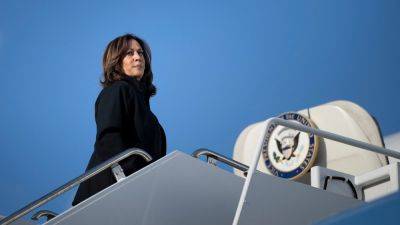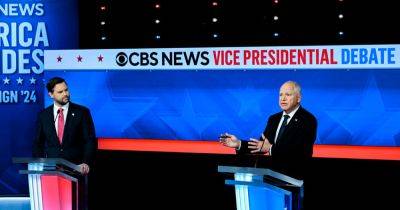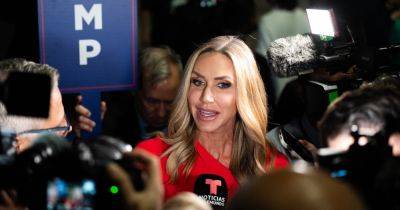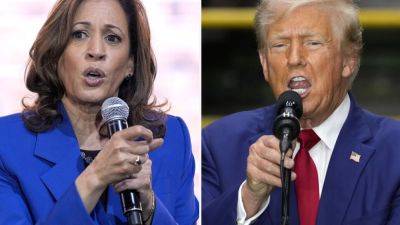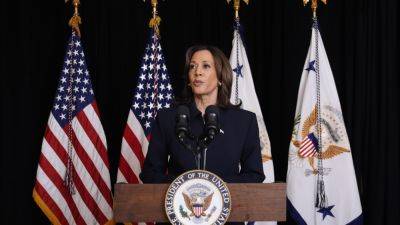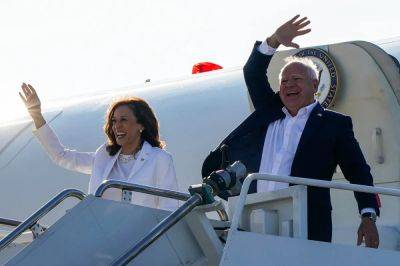The Whiskey Industry Is Bracing for a Trade War if Trump Wins. It’s Not Alone.
When you’re in the whiskey business, you’re always making predictions about the future.
From the time grain grown around the Midwest enters Sonat Birnecker Hart’s distillery on the North Side of Chicago, it will be four to 10 years before the whiskey is shipped to buyers. So running her business requires careful projections about demand.
Those calculations have become harder of late. With the U.S. presidential election looming, many businesses around the world are facing uncertainty about the future of American trade policy and the tariffs that products will face in global markets.
For the whiskey industry, the stakes are particularly high. In March, a 50 percent tariff on American whiskey exports to Europe will snap into effect unless the European Union and the United States can come to an agreement to stop the levies.
The outcome may depend on who is in office. Both former President Donald J. Trump and Vice President Kamala Harris have embraced tariffs, but their plans differ significantly. Ms. Harris’s campaign has said she would use tariffs in a “targeted” fashion — possibly mirroring the approach of President Biden, who recently imposed tariffs on Chinese electric vehicles, silicon chips and solar panels. Like Mr. Biden, she has emphasized working closely with allies.
Mr. Trump, in contrast, has said his approach to trade would be even more aggressive than the trade wars of his first term, when he imposed stiff tariffs on allies and rivals to obtain concessions and try to bolster American manufacturing. He has proposed a 60 percent tariff on products from China and a tariff of more than 10 percent on other goods from around the world.


